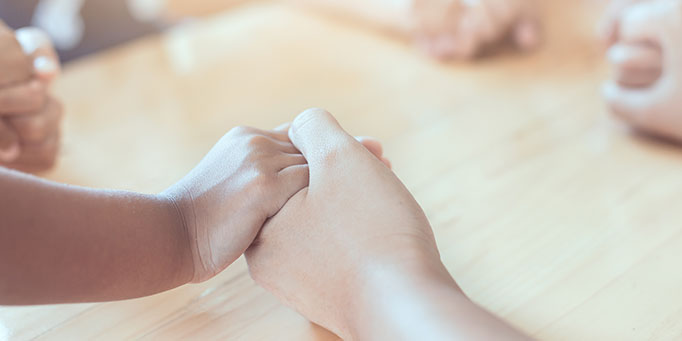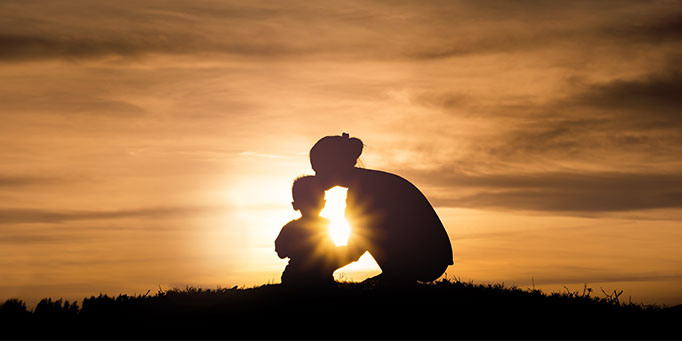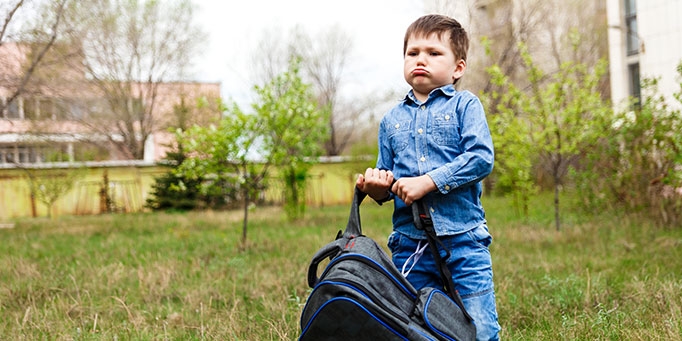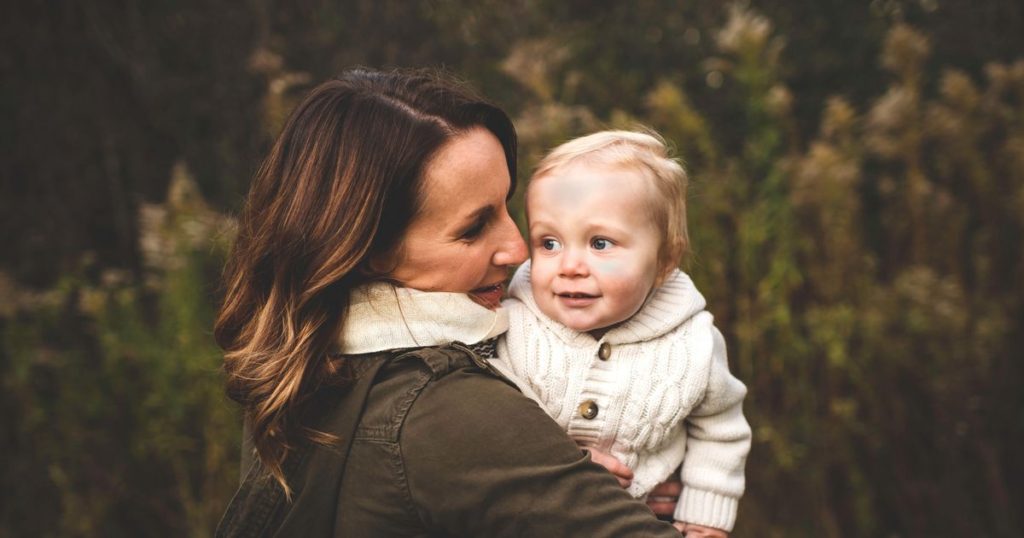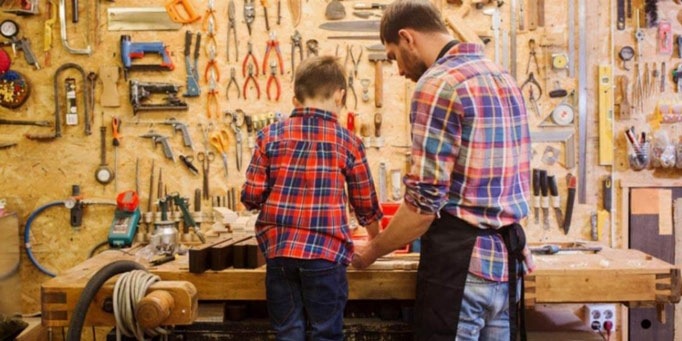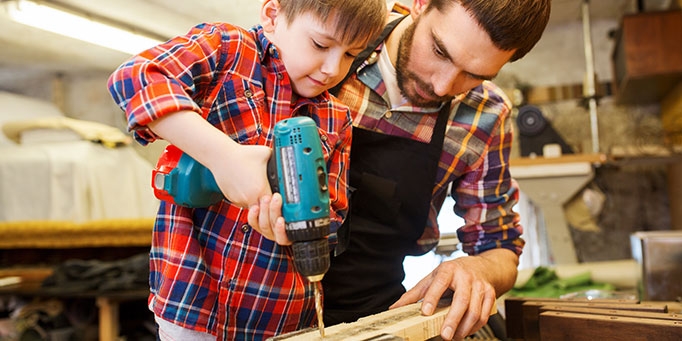
During extended periods of lockdown, it’s easy to slip into what I call ‘calendar freefall’—when each day starts to blend and blur into the next, and weeks pass without me even opening my diary. In lockdown it’s hard even to remember what day it is.
When our time is unstructured, it’s easy to fall out of good habits. When we’re not going anywhere, we forget to brush our teeth in the morning. When there are no bells ringing, we forget to stop for morning tea. When we don’t have sports training, we forget to exercise.
This can happen in our spiritual lives too. When we’re not going to church or Bible study, we can go for days without stopping to pray or open up the Bible.
We were made for routine
The truth is that human beings need routine—it’s woven into the very fabric of creation. God made the world in a rhythmical way: he created in six days—each with evening and morning—then rested on the seventh. God also the built into creation the means for marking time: ‘Let there be lights in the expanse of the sky to separate the day from the night, and let them serve as signs to mark seasons and days and years’ (Genesis 1:14). We’re not designed to live in ‘calendar freefall’.
Routines are important because they don’t just shape the days—they also shape us. The things we do repeatedly, every day or every week, become part of who we are and how we see the world.
Have you ever noticed how athletes take on different physical shapes depending on the sport they practise? If you walked through the Olympic Athletes’ Village, you’d be able to tell the swimmers from the weightlifters, the basketballers from the marathon runners, the archers from the gymnasts. The things we repeat shape who we become, both physically and spiritually.
A Christian daily routine
This lockdown, I wanted to develop a routine to remind me to look to God each day. I also wanted to use this time to help our children to grow in their faith. Drawing on our rich Anglican heritage, I have found a way to do both of these things at once.
In our family we have started using the ancient Christian practice of saying Morning and Evening Prayer (also called the Daily Office) together as a way of shaping our days and ourselves. We say Morning Prayer around the breakfast table, and Evening Prayer sitting on our bed (if we’re not too tired). On Sundays we have a short ‘Family Church’ service of Morning Prayer in the living room.
Our children range in age from twelve down to one, so these daily times of worship are never completely focused or uninterrupted. And we sometimes have to skip over some parts of the service when things are too chaotic. But here are four reasons why I want to persevere with this lockdown routine.
(At the end of this article you can download the services of Morning and Evening Prayer for families that I have compiled.)


